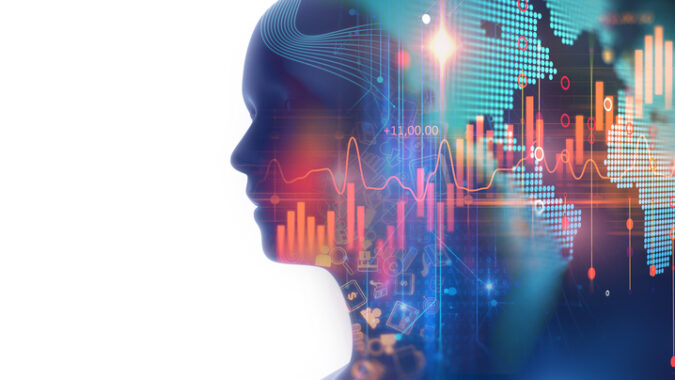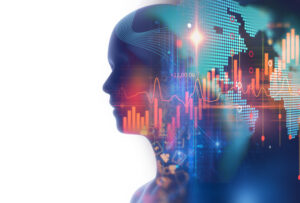The A.I. revolution will not be led by the engineers, at least not by themselves.
According to Brad Smith, president of Microsoft, artificial intelligence (A.I.) technology is going to be available to everyone in the future and will play an important role in virtually every discipline. Businesses and entrepreneurs are going to find new ways of using A.I. that will raise important ethical and social questions.
“Skilling up for this future isn’t only about science, technology, engineering, and math; it’s not only about computer science and data science; it’s actually about the humanities, about the social sciences,” Smith said during an hourlong lecture at Princeton University Thursday night. “I think we’re going to see a decade from now many more people working in tech companies and many more people working on technology that come out of the liberal arts.”
For instance, greater use of A.I. makes diversity at tech companies an imperative. A.I. requires the ability to process tremendous amounts of data. If the data entered into the system is biased, the results will be as well. A.I. won’t work properly if it is developed from a flawed data sample.
Also, such bedrock principles as transparency and accountability have to be applied to artificial intelligence operations. Does that mean an A.I. system’s data set should be public, or that companies should be forced to share their algorithms in some cases? These are just a sample of the ethical questions society will need to confront.
“A.I. ethics are not just for a few people; they are for almost every part of society,” Smith said.
Because A.I. is going to impact so many different disciplines, one of the imperatives Smith sees is making it accessible to those who are not technologically sophisticated. Liberal arts students are going to need to learn some computer science to be able to use A.I. in their own disciplines, and engineers are probably going to need some liberal arts in their future.
“Engineering isn’t only for the engineers anymore,” Smith said.
Smith stresses that his vision of A.I.’s future is an optimistic one because it can make almost every discipline more impactful. In raising these questions, Smith is hoping people will focus on the transition to that future: to think about the problems we will encounter along the way and how to solve them.
“People are going to need to learn new skills; there are going to need to be new career pathways for people whose jobs are displaced,” Smith said. “We’re going to need to think about the kinds of labor rules and protections that were created in the economy of the 20th century, and we’re going to need to change them for the jobs of tomorrow.”


